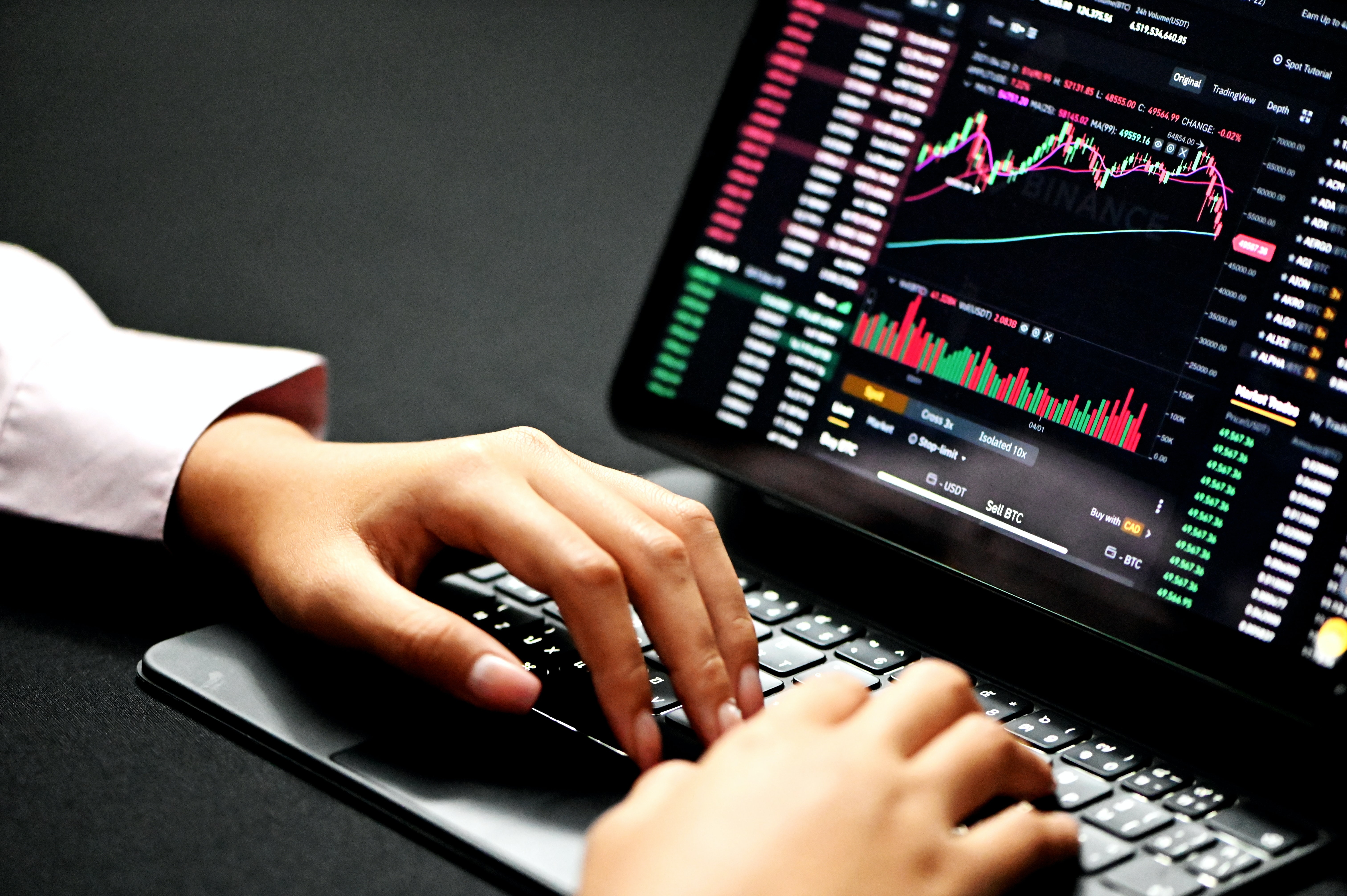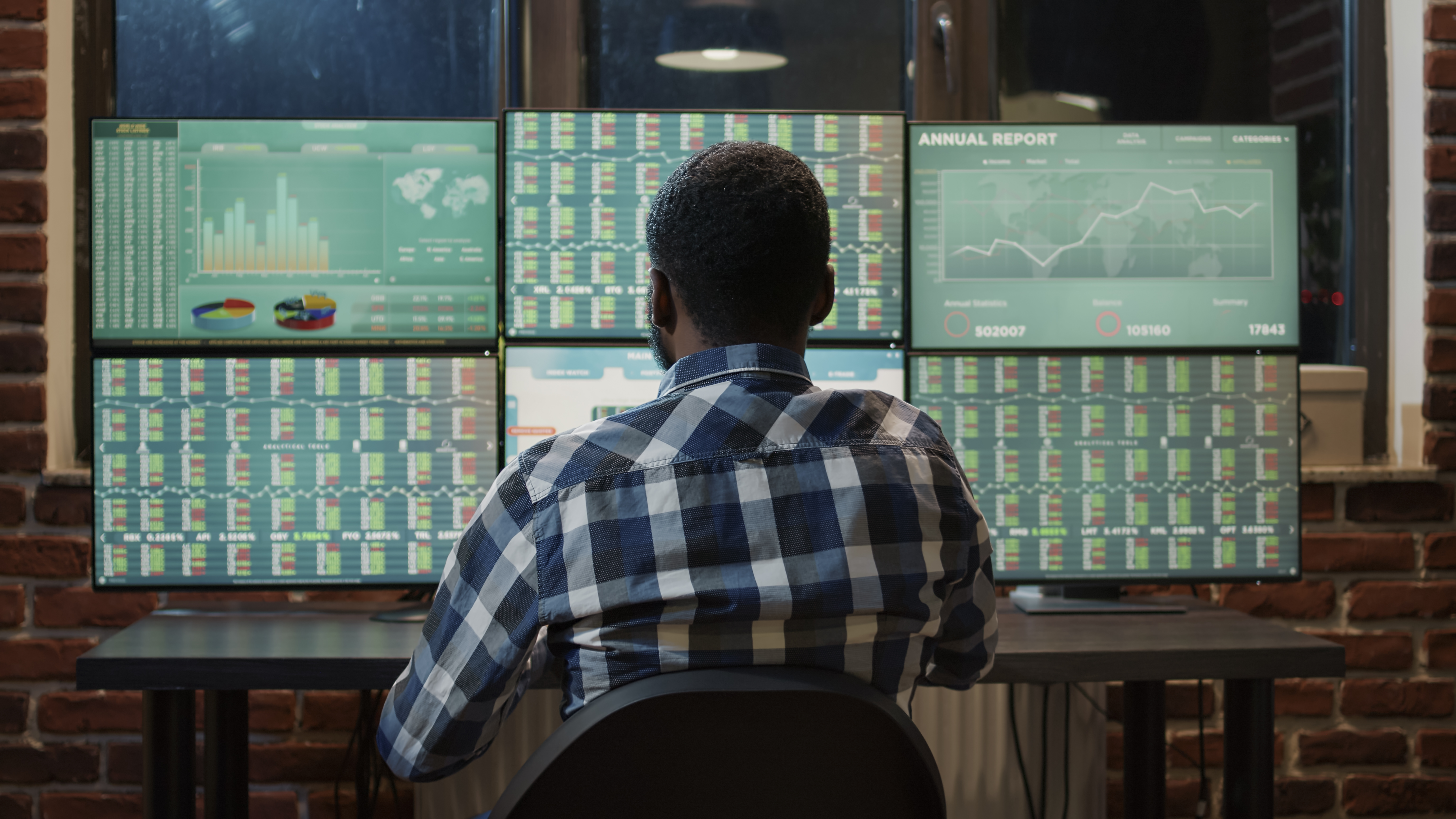Can you eliminate emotions from forex trading? Many traders believe that getting rid of emotions is an unreal way of becoming successful in trading the markets. Contrary to this belief, Hans-Rudiger Pfister and Gisela Bohm from the University of Bergen argue that emotions like stress, fear, greed, and others are critical human processes for making optimal decisions.
These scholars highlight four ways forex emotions can help you trigger better trades. According to their research, emotions in forex can help you create preference, speed up information processing, make a relevant trading decision, and strengthen your commitment to trade.
Are Emotional Traders Successful?
One of the biggest problems you are likely to face as a trader is handling emotions in trading. It is not a technical problem but a psychological one. The fact that emotions can be helpful in trading doesn’t necessarily mean that you should be an emotional trader.
Based on the University of Bergen research, you can become a successful trader if you know how to use your emotions correctly.
Negative Emotions To Manage In Forex Trading
The price movements of the forex market can cause your emotions to run high. Keeping up with all the changes can lead to some negative emotions. Find out the negative emotions in forex trading and how to manage them properly.
-
Stress
The volatility of the market can be stressful. And to avoid unnecessary stress you need to start identifying the root cause. Did you allocate too much capital on a single trade to cause negative forex emotions? Have you protected your trading position with the right risk management strategies? Answering these questions could help you identify what causes stress and plan all your trades to cover all possible loopholes.
-
Impatience
Waiting for the right time to enter and exit a trading position is a vital trading consideration. However, the fluctuation of the markets can cause leaping into trades unprepared. An eternal tip is to avoid forcing trades that don’t meet your set requirements and your trading strategy.
-
FOMO
Fear of missing out (FOMO) often occurs when you attempt to take advantage of a trading opportunity but fail to get the right time. The market trend often influences this negative emotion when you try to ride on a wave without doing your research (DYOR). Always trade level to level and do not forget that there is always another trade coming.
-
Fear And Greed
Both fear and greed are negative emotions that can drive you to make irrational trading decisions. It would help if you controlled them to find optimal trading positions. The solution is to create a risk management strategy that covers both your fears and potential areas of greed.
-
Overconfidence
One of the dangers of overconfidence is overtrading. It happens mostly when you hit a streak of winning trades. You must develop a repetitive, unemotional, and mechanical method to avoid overtrading. Set your trading goals and stick to them.

Ten Tips For Managing Forex Emotions
These are a specific set of practical tips on how to deal with emotions from forex.
-
Don’t Act On Anger
The term “revenge” trade should never guide you when angry. It is simple – anger causes you to make irrational trading decisions. You should stay calm and wait until you are calm and prepared to trade.
2. Don’t Stick To A Losing Position
You don’t have a reason to keep holding to a losing trading position to prove a point. The only point to observe is to opt out and cut your losses.
3. Keep A Trading Journal
A trading journal can be a good tool for managing your emotions. It is an unemotional reflective journal, meaning it can guide you better. It would be best to refer to it when your trades are not working. Analyze it, adjust your trading strategy, and put it to work.
4. Don’t Track Your Profit And Loss
Doing math while trading can heighten your emotional response to trading decisions. Focus more on your trading strategies than profits and losses. You can always analyze your financial position later.
5. Manage Your Stop Limits
It always hurts to see a profiting trade stop. The thing you should always remember is that stop limits help prevent rash decisions. Refer to your trading journal if you want to adjust your stop limits.
6. Reduce The Size Of The Position
Are you an emotional person? Keep a comfortable lot size that will not trigger an emotional response when you lose a trading position. You should avoid bigger lot sizes because they increase your emotional responses.
7. Avoid Demo Trading
As a beginner trader, you can use a demo account to have a feel of forex trading. It teaches technical approaches to forex trading. However, as an experienced trader, you can only experience emotions in forex when trading with a live account. You are less likely to be affected by virtual money in a demo account; thus, you will not learn proper risk management.
8. Goal Setting
A simple short-term or long-term goal can help you blend emotions and forex. Goals create a sense of direction. Endeavor to stick to your trading goals because they are devoid of emotions.
9. Don’t Compare Yourself To Other Traders
Another big psychological mistake you can make is comparing yourself to other traders. There is nothing wrong with learning from forex pros who are profitable. However, don’t let that be a reason for you to feel emotionally drained.
10. Don’t Lose Hope
The ultimate test of emotional strength is controlling it. It would be best to learn how to control emotions in forex trading. Quitting forex should not be an option. Instead, find the right forex broker that meets your needs and implement the right strategies that fit your trading goals.

Final Thoughts
You can never separate emotions and forex. They are interlinked and can work to help you become a formidable trader. However, you must learn how to use forex emotions to avoid bad decisions.
At the beginning of trading forex, avoid using money that you don’t have. It will pile up pressure that creates a heightened emotional expectation that you may be unable to contain.

 RoboForex
RoboForex Exness
Exness FxPro
FxPro Alfa-Forex
Alfa-Forex Libertex
Libertex FxGlory
FxGlory XM
XM IC Markets
IC Markets Forex.com
Forex.com AXITrader
AXITrader